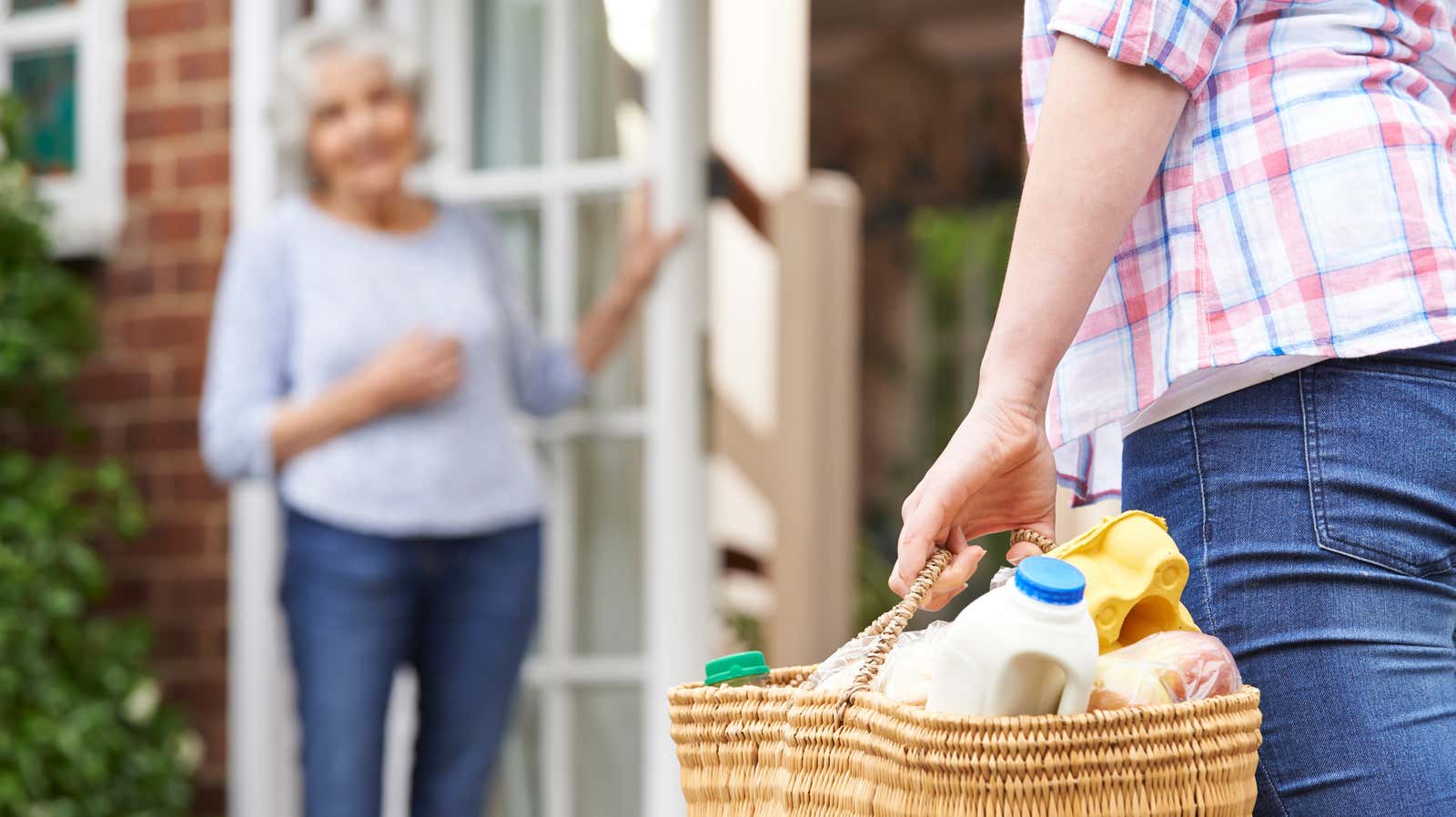How to Help Protect People in Your Community From COVID-19

When there is a threat, each of us wants to think only of ourselves. But if the COVID-19 outbreak reaches your city, it is possible that many of your neighbors and relatives will be worse off than you. Here’s how to prepare to keep everyone safe, not just yourself.
Donate consumables
Some supplies are becoming more difficult to find. These include hand sanitizer, surgical masks, and respiratory masks . If you have more than you really need, consider sharing it.
If you have stocks of medical supplies such as surgical masks, remember that hospitals and people with chronic conditions need them more than you do. Talk to your friends and check with your local hospital, nursing home or disability rights group to see if they need donations.
Apart from these groups, people who work at work where they cannot wash their hands often have a particular need for hand sanitizer. This includes teachers and people who work in the customer service industry. If you have a stash, consider sharing it.
Support people who can’t work
If people have to stay at home and not go to work due to quarantine or illness, many will not be able to get paid. Food banks and related charities are likely to see increased demand, so now is a good time to support them. It is recommended that you donate money rather than food as food banks can buy more food for a dollar than you do and they understand their needs better.
Also check your neighbors and acquaintances. If a person is quarantined because they may have been exposed to the virus, they will need help shopping and running errands. If children need to stay out of school, you can help them look after the children. Just be aware of your potential exposure to the virus and read the CDC’s guide if you care about someone who might be infected.
Reduce the Risk to Seniors in Your Community
People under 50 have a very low complication rate if they are infected with COVID-19, but the risks of serious illness and death can be extremely high for older adults. People of all ages with chronic conditions, including respiratory problems, are also at increased risk.
It would be prudent to avoid unnecessary contact with older people to reduce their risk of transmitting the disease if you accidentally contract it. However, no one likes to feel lonely. If you need to cancel a visit, this can be a great time for phone calls and Skype sessions.
The CDC recommends testing your older family members to make sure they have a plan to reduce their risk and what to do if they get sick. You can help them stock up on drugs, medicine and non-perishable foods. If they are in a care facility, ask the facility how they plan on treating COVID-19. (You can share this list of recommendations with them .)
Keep things clean and don’t spread germs
You already know to wash your hands often and correctly . Consider everything you touch and everything other people touch, and do your best to stop the spread of germs. For example, some librarians in my community have been discussing on Facebook what they are doing in the areas where their children are. Many put away toys that are difficult to clean and are very vigilant about disinfecting those that remain.
If you’re part of a group that organizes meetings, don’t be afraid to be the first to suggest canceling or changing plans (for example, by providing remote or online options). Even if it doesn’t make sense to start canceling just yet, plan what you will do if this changes. For example, how will you notify people? The CDC has guidelines for local and faith-based organizations that can help.